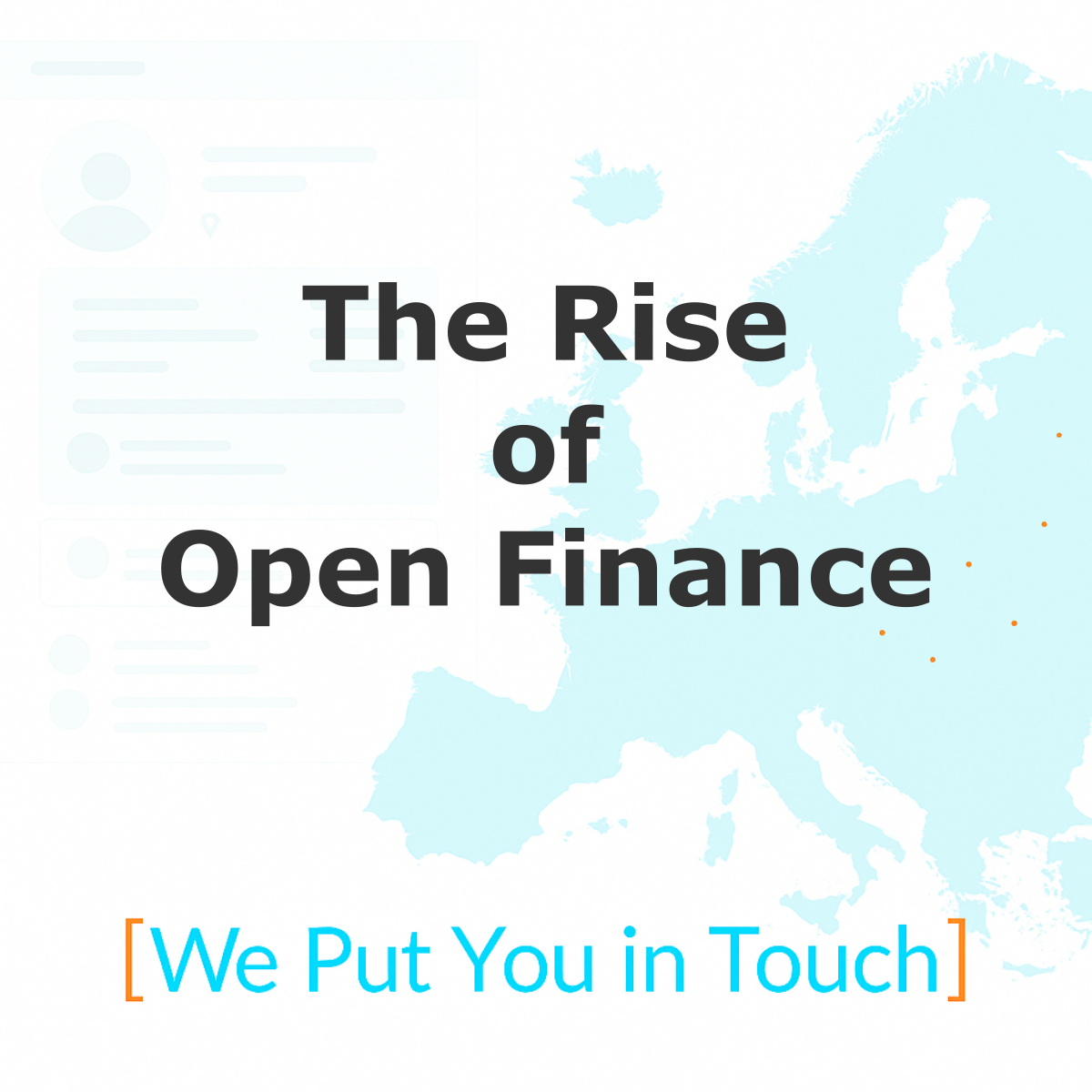
Over the past decade, open banking has transformed the financial services landscape. By allowing third parties to access payment data through secure APIs, it opened the door to new digital services, from personal finance apps to innovative payment solutions. Yet what began as a regulatory initiative has evolved into something much broader: the emergence of open finance.
Open finance extends the principle of open banking well beyond current accounts and payments. It covers a wider range of financial data, including insurance, mortgages, pensions, savings, and investments. By making this information available—securely and with customer consent—open finance has the potential to reshape how people and businesses interact with financial services.
The implications are profound. For consumers, open finance promises greater transparency and personalization. Imagine consolidating all of your financial data into a single interface: not only bank balances and card spending, but also your investment portfolio, your mortgage terms, or your retirement savings. Such integration empowers customers to make better decisions, compare offers more effectively, and access tailored solutions that were previously out of reach.
For financial institutions, open finance is both an opportunity and a challenge. On one hand, it allows banks, insurers, and asset managers to design highly personalized services, using richer data to anticipate client needs. On the other, it raises the competitive bar. New entrants—FinTechs and big tech platforms—can build value-added services on top of financial data, challenging incumbents to rethink their role in the ecosystem.
Regulators are already preparing the ground. The European Commission has announced a framework for financial data access that builds on the lessons of PSD2. In Luxembourg, the CSSF is closely monitoring developments, balancing innovation with consumer protection and data security. As with open banking, the ultimate goal is to combine innovation with trust.
At the heart of open finance lies data. But data without context is meaningless. The winners of tomorrow will be those who can interpret this information responsibly, protect it effectively, and turn it into services that genuinely improve client outcomes.
This is where We Put You in Touch brings a unique advantage. Our platform connects financial institutions with a diverse community of independent consultants—experts in finance, technology, regulation, and digital transformation. From API integration to data governance and customer experience design, our consultants provide the expertise needed to turn open finance from a regulatory obligation into a strategic opportunity. By leveraging the richness of this talent pool, We Put You in Touch enables financial institutions to bridge innovation and compliance, and to deliver meaningful solutions in an increasingly data-driven world.
The transition from open banking to open finance is not just an incremental change. It is the foundation of a new financial architecture, one where data moves fluidly between institutions, platforms, and clients. The promise is clear: better access, more inclusion, greater personalization. For those ready to embrace it, open finance offers a chance to redefine customer relationships and reinforce trust in the digital age.
References
- European Commission — Framework for Financial Data Access (FIDA).
- European Commission — Financial data access and payments package.
- European Commission — Webinar on the FIDA proposal (agenda/pack).
- European Commission — FIDA factsheet (PDF).
- Council of the EU — Agreement on the proposed FIDA framework.
- European Data Protection Board — Statement 2/2024 on the financial data access and payments package (PDF).
- World Bank — Key Considerations for Open Finance.
- World Bank — Open Finance: The Korean Experience and Opportunities and Challenges for the EAP Region.
- Deloitte Luxembourg — FIDA: Open Finance is coming.
- Deloitte Luxembourg — Major changes are coming with FIDA.
- Deloitte Luxembourg — FIDA Open Finance (Deloitte–ABBL survey).
- PwC — Financial Data Access Framework (FIDA) analysis (PDF).
- PwC — API Navigator: Open Finance and FIDA (PDF).
- CSSF — Obligations regarding Strong Customer Authentication and secure communication under PSD2.
- CSSF — Online and mobile banking (PSD2 objectives).
- CSSF — Legal reporting for payment and e‑money institutions (PSD2 Art. 96(6)).
- CSSF — Circular 19/720 adopting EBA Guidelines on RTS fallback exemption (PDF).
